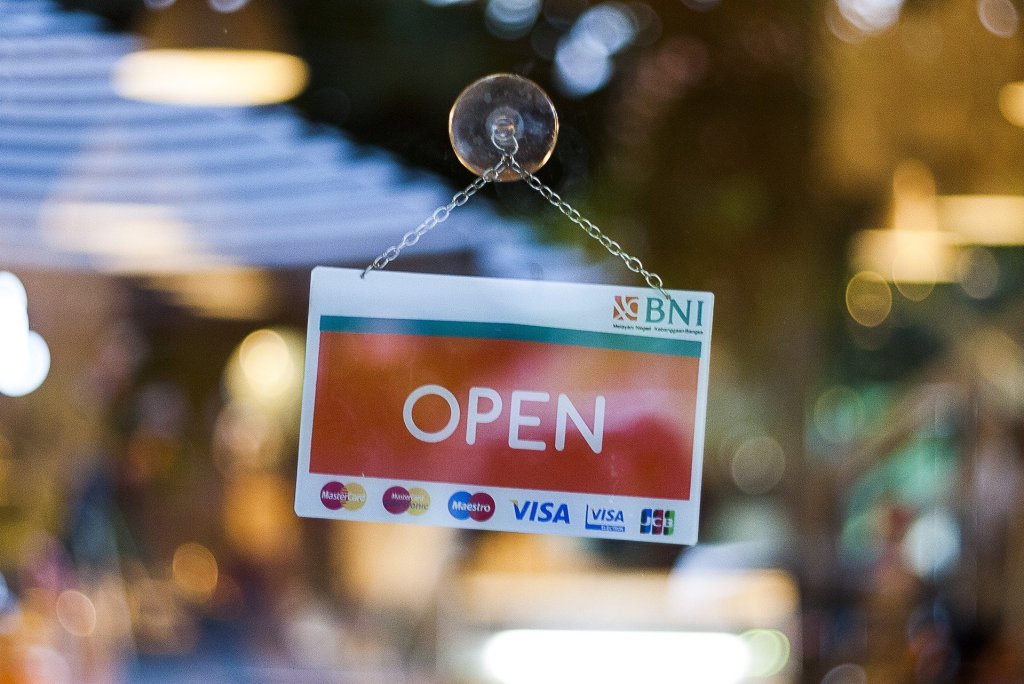The franchise model is a marriage of independent ownership and established business strategies. It is born from the desire to expand one’s brand while empowering entrepreneurs to operate their businesses. When considering launching a bakery franchise or any such venture, the synergy between the franchisee’s goals and the franchisor’s brand is essential. The model replicates a company’s success by providing partners with a blueprint of business practices, including branding, product offerings, and operational procedures, while allowing them room to inject local flavor and personality.

This approach creates opportunities for economies of scale and a more reliable consumer experience. However, it also requires a diligent commitment to maintain the integrity of the overarching brand identity. Entrepreneurs keen on planning a franchise venture should be prepared to embrace the structure and guidance of the franchisor while balancing their entrepreneurial spirit.
Selecting the Right Franchise Partner
While the allure of joining a franchise system can be strong, finding the right fit is where success begins. Aspiring franchisees should look at a brand’s history, gauging it by its longevity, growth patterns, and reputation. The values of the franchisor should echo the franchisee’s, creating a shared commitment to the business’s ethos and objectives. Alongside these considerations, one must not overlook the franchisor’s support system – does the system offer comprehensive training, marketing support, and a scalable model? The alignment of these factors with personal goals plays a deciding role in the long-term profitability and satisfaction of the partnership.
Navigating the Legal Landscape
The Franchise Agreement, a document that requires scrutiny, cemented a franchisor-franchisee relationship. The agreement reflects the terms of the partnership, fees, territorial rights, duration, and the various obligations of the involved parties. Beyond this, per the Federal Trade Commission guidelines, awareness of the regulatory framework ensures that the operation is within legal bounds and protects against potential disputes. It’s imperative to seek expert legal counsel when navigating this territory to fully grasp the implications of the franchisor’s policies and local laws.
Financial Considerations in Franchising
The decision to buy into a franchise can be financially demanding. Apart from the initial investment, which might range from modest to substantial, ongoing costs like royalties, advertising fees, and renewal expenses must be accounted for. A detailed review of the Franchise Disclosure Document (FDD) provides transparency on these financial requisites. Franchisees must thoroughly analyze potential revenue against these costs to forecast a realistic financial outlook.
The Importance of Due Diligence
Before taking the franchising plunge, a meticulously conducted due diligence process can save entrepreneurs from future pitfalls. This step involves verifying the franchisor’s claims by talking with current franchisees about their experiences and understanding the market’s receptivity to the brand. Evaluating the location, competitive landscape, and consumer demographics is also pivotal to predicting the business’s potential success in a given area. Due diligence is not merely about ticking boxes – it’s about getting a genuine sense of the operational reality and future opportunities.
Relationship Management in Franchising
In a franchise system, the collaboration between the franchisor and franchisee is at the heart of the business model. Powering through the challenges of running a business, especially in franchising, requires solid and open communication channels. Constructive feedback mechanisms, regular updates, and a culture of mutual respect cultivate an environment where both parties thrive. Trust becomes the currency of the relationship, its value growing with each successful interaction and achieved milestone.
Marketing Your Franchise Effectively
Effective marketing in franchising means striking a balance between adhering to the franchisor’s brand guidelines and tailoring strategies to the local market. A unified brand message across all franchise locations is paramount – it fosters brand recognition and customer loyalty. Marketing resources provided by the franchisor, combined with local market insights, can power a marketing plan that resonates with the target audience while maintaining brand integrity. The hallmark of successful franchise marketing lies in the ability to adapt overarching strategies to align with local tastes and preferences.
Tackling Challenges Together
The franchising journey is no stranger to obstacles, but these are surmountable with the right approach. Franchisees often face challenges unique to their markets, like regulatory shifts or evolving consumer trends, requiring them to be dynamic in problem-solving. Having a supportive network and resources from the franchisor can facilitate swift and practical solutions. The ability to work collaboratively through rough patches not only strengthens the franchise partnership but also contributes to the overall resilience and adaptability of the brand.
Growth and Innovation in Franchising
Franchising is not only about replicating a successful business model – it is about nurturing growth and fostering innovation within the system. As part of a franchise, individual owners contribute to the brand’s collective wisdom and forward momentum. Encouraging franchisees to voice their ideas and insights can lead to incremental improvements and adaptations that energize the network. The entrepreneurial mindset remains a driving force behind franchising success, pushing the boundaries of what the brand can achieve.

Leave A Comment